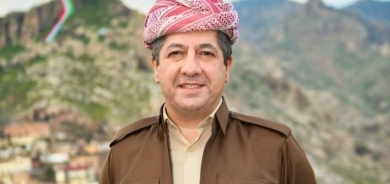Taliban Severs Ties with Afghan Embassies in Western Countries

The Taliban government announced on Tuesday that it is cutting ties with numerous Afghan embassies in Western countries, accusing the diplomats stationed there of remaining loyal to Afghanistan's former democratic government. This decision comes amid ongoing diplomatic isolation following the Taliban's takeover of Kabul in 2021.
Since the Taliban's ascension to power, many employees at Afghanistan's foreign missions have found themselves in a state of limbo. While some new ambassadors have been installed in friendly countries like Russia and China, the majority of Western nations do not recognize the Taliban as the legitimate rulers of Afghanistan.
"The Ministry of Foreign Affairs has repeatedly urged the Afghan political and consular missions in European countries to engage with Kabul," the Taliban stated. "Unfortunately, the actions of most of the missions are carried out arbitrarily, without coordination and in explicit violation of the existing accepted principles."
The Taliban Foreign Ministry further declared that it bears "no responsibility" for passport and visa issues faced by Afghan staff abroad if they refuse to acknowledge the Taliban's legitimacy.
Embassies Struggle to Keep Lights On
The affected embassies are located in the UK, Germany, Belgium, Switzerland, Austria, France, Italy, Greece, Poland, Sweden, Norway, Canada, and Australia. Financially cut off from Kabul, these embassies have struggled in recent years to pay their staff and cover operational costs.
In certain Western countries, such as Spain and the Netherlands, Afghan embassy staff have begun engaging with the Taliban government, despite the lack of formal recognition. This engagement comes as a necessity for operational survival amid financial hardships.
The Taliban's repressive treatment of women has led to widespread international condemnation and refusal by many foreign governments and the United Nations to engage with the regime. The lack of recognition and support has compounded the difficulties faced by Afghan embassies, leaving many diplomats and staff in uncertain and precarious positions.
As the situation continues to develop, the international community remains divided on how to address the diplomatic and humanitarian challenges posed by the Taliban's rule in Afghanistan.














